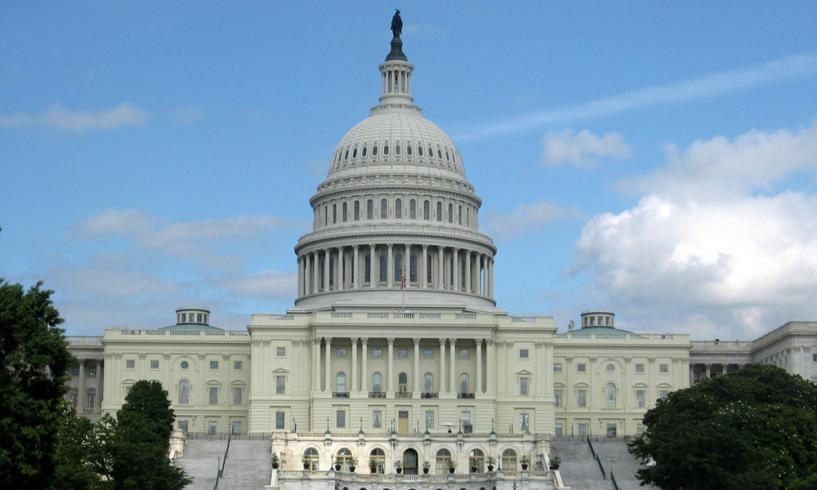Big change often comes from small beginnings. That’s why our ONS members, staff, and representatives are working every day to bring the fight of the oncology nurse to the forefront of the political world. One of the most important services ONS provides to its members involves advocating for oncology nurses and their patients in the political arenas on Capitol Hill and throughout the country.
Find out more in our Capitol Hill Roundup below.
ONS President-Elect Speaks at Panel for Mitigating Cost-Sharing
At the Patient Access Network Foundation and The American Journal of Managed Care briefing Cost-Sharing Roundtable: Improving Patient Access to Critical Therapies on Friday, February 26, ONS President-Elect Susan Schneider, PhD, RN, AOCN®, FAAN, attended a panel discussion entitled “Exploring Innovative Strategies to Mitigate Cost-Sharing Burdens for Patients.” Schneider addressed the rising cost of health care and its potential detriment to patients with cancer as it relates to immediate and long-term care.
The roundtable was an opportunity for the healthcare community to discuss what the forum qualified as “innovative solutions that focus on equitable strategies for cost sharing that reduce inequality and promote access, affordability and adherence to treatment.” Schneider addressed the high cost of healthcare as it relates to treatment and care options. She also addressed the training needs of future nurses to mitigate the costs of care by including patients in their treatments plans.
Huntsman Institute Hosts National Cancer Moonshot Roundtable With Vice President, ONS Member Addresses Data, Disparity, Symptom Management
Once again, “big data” was a focal point of the vice president’s roundtable Cancer Moonshot discussion at the Huntsman Cancer Institute in Salt Lake City, Utah on Friday, February 26. ONS member Kathleen Mooney, PhD, RN, FAAN of the University of Utah sat on the Huntsman panel speaking about the Utah Database—a collection of more than 8 million patient health records, family history, and more. Mooney applauded the database but called for a ways to collect information on the patient experience.
Mooney also spoke about her research in symptom management and disparities facing rural and frontier areas. Mooney asked, “How can we modify and be patient-centered when we tackle the problem of symptom care?” Her research has already begun to answer that question. With her colleagues, she’s implemented an automated system tracking patient-reported symptoms. This system provides patients with suggestions to mitigate symptoms and alerts doctors and nurses of the issues. Those medical professionals are then able to address those symptoms in nearly real time. Vice President Biden requested follow-up communication with Mooney to better understand the issues facing symptom management and to learn more about the system she was developing.
ONS Member on Vice President’s Cancer Moonshot Roundtable at UCSF Speaks About Fatigue, Nausea, and Nurse Research
Patients with cancer are often plagued by numerous symptoms, most commonly nausea and fatigue. ONS member and professor at the University of California, Christine Miaskowski, RN, PhD, FAAN, spoke with Vice President Biden about the importance of nurse research in the field of symptom management on Saturday, February 27, at the University of California San Francisco’s National Cancer Moonshot roundtable.
Miaskowski addressed the lack of funding for symptom management research. “Less than 1% of the National Cancer Institute’s budget is spent on symptom research for issues like pain and fatigue,” she said. “We still don’t understand the fundamental mechanisms.” The vice president was also interested in the oncology nurse’s role to collect data and information on the way patients respond to treatment, including symptoms, for aggregation in the sense of “big data.” This information could potentially be shared among institutions to create better care for patients suffering from treatment-related symptoms.






